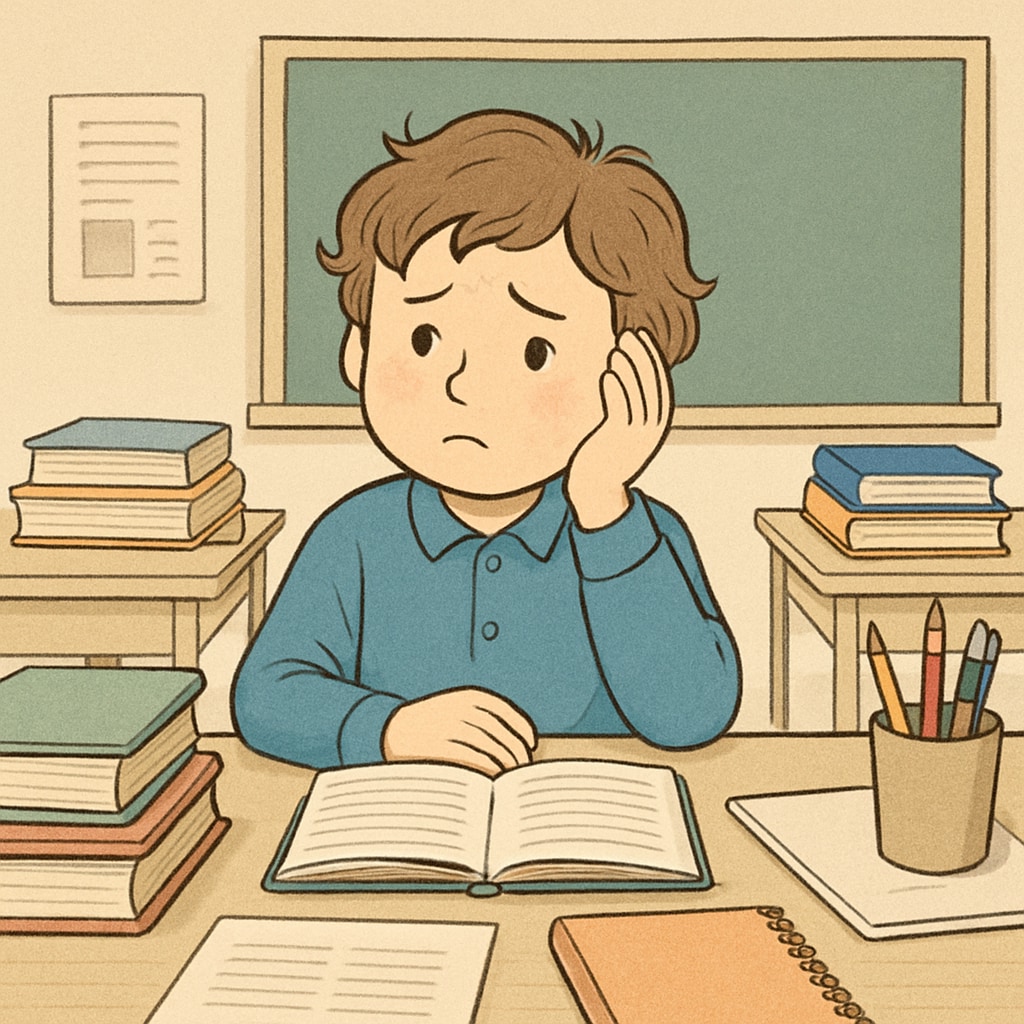The growing pressure of university applications has begun affecting first-grade students, posing significant challenges to their emotional well-being and academic journey. Education has become increasingly competitive, pushing even the youngest learners to focus on their future academic and career paths. This article examines why this phenomenon is occurring, how it impacts children, and what parents and educators can do to mitigate these concerns.

Why Are First-Grade Students Facing University Pressure?
In recent years, the landscape of education has shifted dramatically. Parents and educators often feel compelled to prepare children for a hyper-competitive world, where top-tier university admissions are seen as the ultimate goal. As a result, academic pressure has trickled down to younger age groups, including first-grade students.
Several factors contribute to this trend:
- Parental expectations: Many parents believe that early academic success lays the foundation for future achievements, leading to the imposition of rigorous study schedules and extracurricular commitments.
- School rankings: Schools aiming to maintain or improve their rankings may introduce advanced curriculums, assessment tests, and application-focused programs, even for young students.
- Cultural norms: In some societies, the emphasis on academic excellence begins at a very young age, creating a competitive environment that extends beyond the classroom.
For instance, according to education trends in the United States, many schools have started emphasizing “college-ready” skills as early as elementary grades, which adds to this growing pressure.
The Psychological and Developmental Impact on Children
While preparing children for success is an admirable goal, introducing university-related stress at such an early age can have adverse effects. First-grade students are still developing fundamental cognitive, emotional, and social skills, and excessive pressure can hinder this natural growth.
Some of the potential consequences include:
- Anxiety and stress: Young children may feel overwhelmed by high expectations, leading to chronic stress and anxiety.
- Reduced creativity: Structured academic programs often leave little room for imaginative play, which is crucial for overall development.
- Decreased motivation: When learning feels like a chore, children may lose their intrinsic curiosity and love for education.
For example, studies from Britannica’s child development research suggest that excessive academic pressure at an early age can lead to long-term emotional and psychological challenges.

What Can Parents and Educators Do?
To combat the negative effects of early academic pressure, parents and educators must adopt strategies that prioritize the holistic development of children. Here are some actionable recommendations:
- Focus on foundational skills: Instead of emphasizing future academic goals, encourage the development of basic literacy, numeracy, and social skills appropriate for their age.
- Create a balanced schedule: Ensure children have ample time for unstructured play, relaxation, and hobbies alongside their academic activities.
- Promote open communication: Talk to children about their feelings and reassure them that their worth is not solely tied to academic achievements.
- Advocate for systemic change: Parents can work with schools to design curriculums that focus on holistic growth rather than early competitive preparation.
By making these adjustments, we can help children thrive in a supportive and nurturing environment, free from unnecessary pressure.
Reevaluating the Purpose of Education
Ultimately, the goal of education should be to nurture well-rounded individuals who are curious, resilient, and capable of critical thinking. The current trend of pushing university-oriented goals onto first-grade students undermines this purpose, replacing the joy of learning with undue stress.
As a society, we must reflect on these practices and advocate for a more balanced approach to education—one that respects the developmental needs of children while preparing them for future success. By doing so, we can ensure that the next generation grows up with the tools they need to thrive, not just academically, but as whole individuals.
The pressing issues surrounding university applications, first-grade students, and the challenges they face call for immediate attention. Let’s work together to create an educational system that truly supports young learners.


